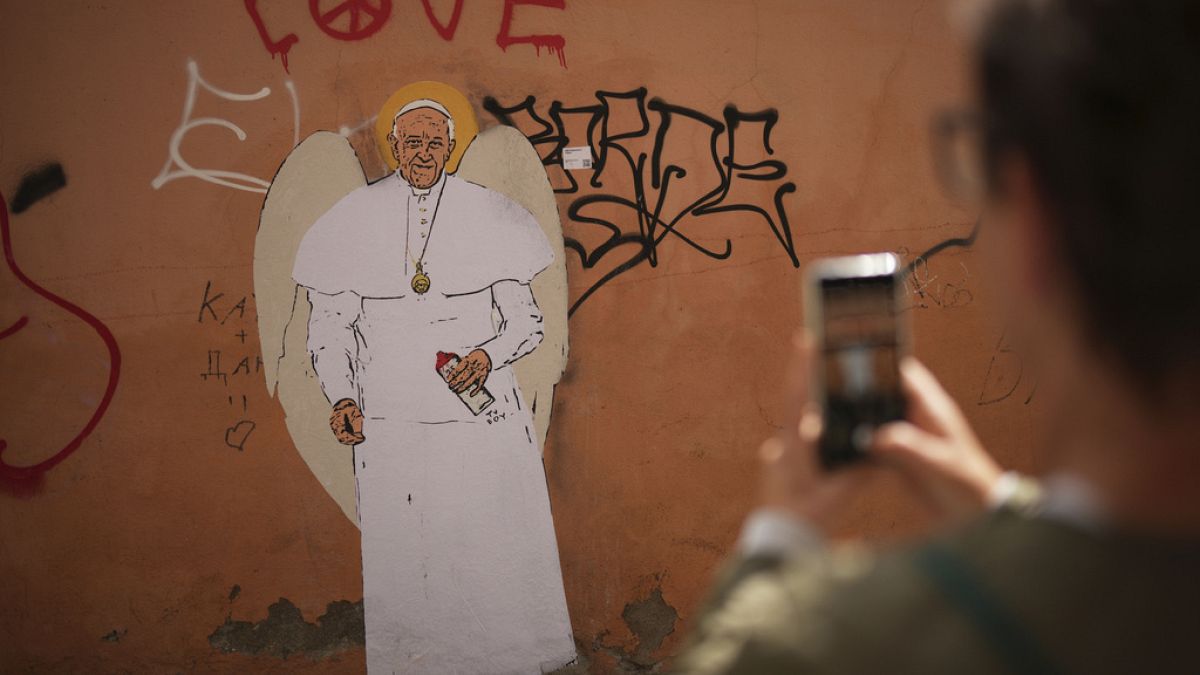The Dunedin Hospital build turned into a “political football”, wasting time and money, a doctors’ union says.
On Friday, the government confirmed the long-awaited hospital build would go ahead at the former Cadbury factory site.
Health Minister Simeon Brown said the new $1.8 billion hospital would have 351 beds – 59 fewer than originally proposed – but with capacity to expand to 404 beds over time.
There would also be 20 short-stay surgical beds and 58 emergency department spaces.
The plan was described as a broken promise by some and good enough by others.
Association of Salaried Medical Specialists executive director Sarah Dalton said the process had taken longer than it should have.
“The minister is doing the right thing by returning to the original plan that there needs to be a new hospital built on the Cadbury site, I guess what is both frustrating and disappointing is the way this hospital build turned into a political football, and there have been significant delays that are costing the community in terms of time, money and access to appropriate healthcare resources, and this never should’ve happened,
“A decision was taken by [the] previous government to progress a needed new hospital build in Dunedin, and obviously massive public facilities builds take longer than a three-year political term, so I guess what we continue to see is one government approve a needed public facility and another government comes along, says ‘we want to review it, we want to take it back, we want to make it a bit cheaper’.
“It wastes time, it wastes money and the review was really for political reasons. I think they weren’t evidence based.”
Dalton believed the plan fell short of what was promised in 2017.
“A lot of time and effort went into developing an evidence-based case for the type of hospital build needed in Dunedin, and this government has stepped right back from that. Yes, the build will proceed but not as originally decided, not in the time frame that it could’ve been, and in the long term when people look back it would’ve added to the cost, these delays.
“When you think that these hospitals have a lifespan of 50-plus years you know the government of the day needs to be willing just to I guess suck it up, commit the funds and understand that this is part of a public investment programme that shouldn’t be batted around every three years depending on which government is in.”
Fewer beds at the hospital would affect healthcare for not only locals, but the whole region, Green Party spokesperson for Dunedin issues Scott Willis said.
“This government, the National Party, promised us a hospital that would suit not just this generation but future generations and give us the care we need. What they’ve delivered is something far from that.
“It’s typical of this government to lower expectations and then sell us something in the hope we’re going to be happy with it.”
It was a relief that the new hospital was being built, even if in a downscaled way, University of Otago emeritus professor of medicine Gill Barbezat said.
“Obviously having the full thing is what we need, but what they’re doing is better than nothing and will allow the building to go ahead.
“It is important that the building be enough to serve the needs of the south of the South Island with respect to patient needs, but also nationally for the medical school needs. The medical school needs to have patients for the medical students. Medical students can learn all the facts and all the books in the world but until they’ve had contact with patients they will not be proper doctors.
“To have that contact as you can imagine, you need to have good staff to bring those two units together … to get good staff in a hospital you’ve got to get a decent hospital.”
The University of Otago welcomed the Dunedin Hospital announcement.
Vice-chancellor Grant Robertson said the university remained focused on working through the detail of the proposal, but the fact the government had agreed to continue building the hospital on the same site, including future-proofing it for growth, was positive for the region and the university.
“This year more than 600 new students will begin their training in Dunedin, including 312 medical students, 120 pharmacy students, 130 physiotherapy students and 40 medical laboratory sciences students. The hospital will play a key role in their education and in shaping the healthcare professionals of tomorrow,” he said.
rnz.co.nz












